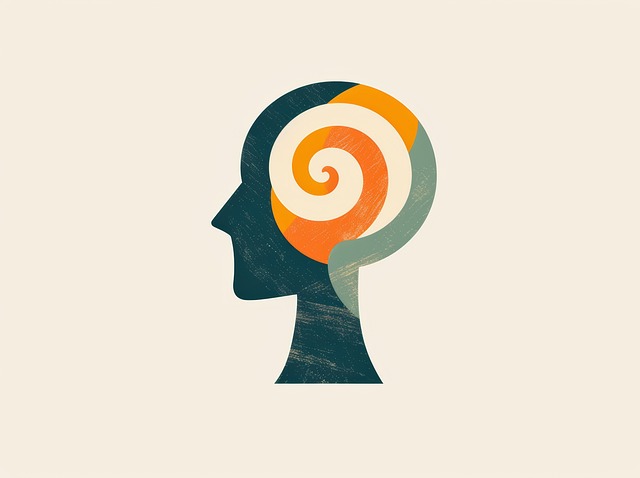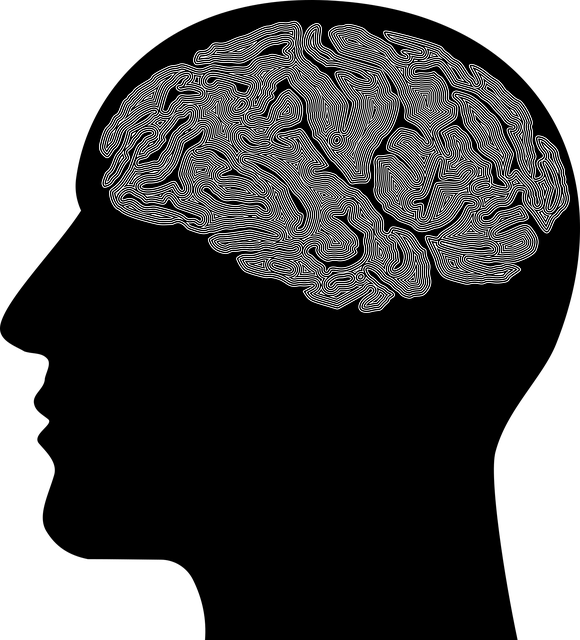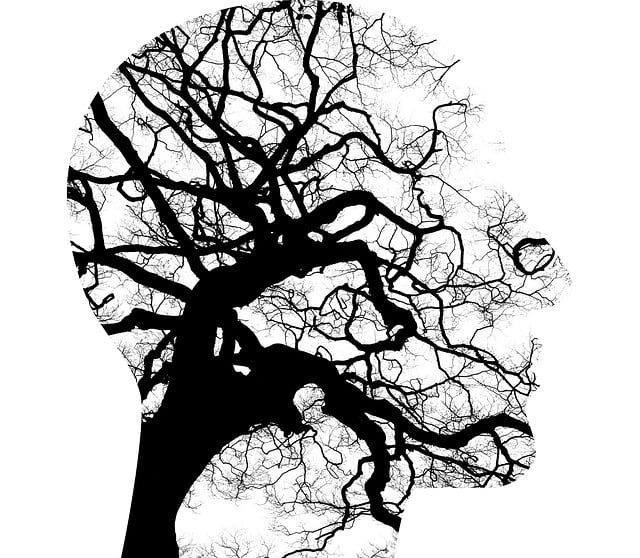Northglenn Post-Traumatic Stress Disorder (PTSD) therapy focuses on resilience building using evidence-based Resourceful Failure Management (RFM) techniques. This approach helps individuals view failures as growth opportunities, challenge negative beliefs, and cultivate self-compassion. Through crisis intervention, open communication, and coping strategy integration, patients overcome traumatic experiences. RFM combines healing with practical tools in a safe setting, supporting not only patients but also healthcare providers through community outreach programs. This holistic method enhances overall well-being for Northglenn residents facing PTSD.
In the realm of mental health support, Northglenn Post-Traumatic Stress Disorder (PTSD) therapy has emerged as a vital tool for healing. Among various therapeutic approaches, RFM (Resilience, Flexibility, and Mastery) stands out as a game-changer. This article explores RFM’s role in trauma therapy, offering insights into how it empowers individuals to overcome PTSD. We’ll delve into specific resilience-building exercises, provide an overview of Northglenn PTSD therapy, and discuss implementing these techniques in a supportive environment for optimal recovery.
- Understanding RFM and its Role in Trauma Therapy
- Northglenn Post-Traumatic Stress Disorder (PTSD) Therapy: An Overview
- Resilience Building Exercises for PTSD Recovery
- Implementing RFM Techniques in a Supportive Environment
Understanding RFM and its Role in Trauma Therapy

Resilience is a key component in recovering from trauma, and RFM (Resourceful Failure Management) is an evidence-based approach that plays a significant role in Northglenn Post-Traumatic Stress Disorder (PTSD) therapy. This technique empowers individuals to view failures and setbacks as opportunities for growth, fostering a mindset shift from being overwhelmed by challenges to effectively managing them. By understanding one’s resources, coping mechanisms, and failure triggers, patients can develop strategies to navigate and overcome traumatic experiences.
RFM therapy encourages clients to challenge negative beliefs and replace them with more adaptive ones, enhancing their overall resilience. This process involves identifying personal strengths, learning new skills, and cultivating a sense of self-compassion—all essential elements in the development of Compassion Cultivation Practices. By integrating Mind Over Matter principles, individuals can reframe their perceptions, gain a deeper understanding of their trauma, and gradually rebuild their lives post-trauma.
Northglenn Post-Traumatic Stress Disorder (PTSD) Therapy: An Overview

In Northglenn, Post-Traumatic Stress Disorder (PTSD) therapy has emerged as a vital tool in helping individuals navigate and overcome the devastating effects of trauma. This form of therapy is designed to assist people in processing and managing their experiences, offering them a path towards healing and resilience. The approach typically involves a combination of evidence-based techniques, tailored to each client’s unique needs.
The process starts with a thorough risk assessment for mental health professionals, ensuring the safety and comfort of both the client and therapist. This is followed by comprehensive crisis intervention guidance, empowering individuals to cope with acute distress. Through open communication strategies, therapists create a safe space for clients to express their feelings and memories. By integrating these strategies, Northglenn PTSD therapy provides a supportive environment, enabling individuals to confront and work through traumatic events, ultimately fostering mental fortitude and resilience.
Resilience Building Exercises for PTSD Recovery

Resilience building exercises play a crucial role in helping individuals recovering from Post-Traumatic Stress Disorder (PTSD). Northglenn post-traumatic stress disorder therapy often incorporates these strategies to empower patients and facilitate their journey towards healing. Through targeted activities, individuals can learn to manage flashbacks, nightmares, and anxiety, which are common symptoms of PTSD.
One effective resilience building exercise involves the practice of self-care. Encouraging regular engagement in Self-Care Practices, such as meditation, deep breathing, and physical activity, helps regulate emotions and promotes a sense of calm. Additionally, communication strategies are integral to this process, fostering open dialogue about traumatic experiences and providing safe spaces for expression and support. These exercises not only enhance coping mechanisms but also foster a deeper understanding and acceptance of one’s emotional responses.
Implementing RFM Techniques in a Supportive Environment

Implementing RFM (Resilience, Flexibility, and Mastery) techniques in a supportive environment is paramount for effective Northglenn Post-Traumatic Stress Disorder (PTSD) therapy. This approach recognizes that individuals suffering from PTSD not only need healing but also tools to navigate life’s challenges with resilience and adaptability. A nurturing setting, coupled with skilled facilitators, enables clients to explore their experiences safely and build coping mechanisms tailored to their unique needs.
The integration of RFM into PTSD therapy goes beyond traditional treatment methods by focusing on enhancing social skills training and burnout prevention strategies for healthcare providers involved. This holistic approach extends the benefits even further, fostering community outreach program implementation where individuals can support each other in their recovery journeys. By creating a supportive environment that encourages open communication and empowerment, Northglenn residents facing PTSD can find strength and hope, ultimately improving their overall well-being.
In conclusion, integrating Resilient Factor Model (RFM) techniques into Northglenn Post-Traumatic Stress Disorder (PTSD) therapy offers a powerful approach to enhancing resilience and fostering recovery. By understanding an individual’s RFM profile and employing tailored exercises, therapists can create a supportive environment that promotes healing and empowers individuals to navigate life’s challenges with greater strength and adaptability. These methods hold significant potential for improving PTSD outcomes and enhancing the overall well-being of those affected by trauma.









